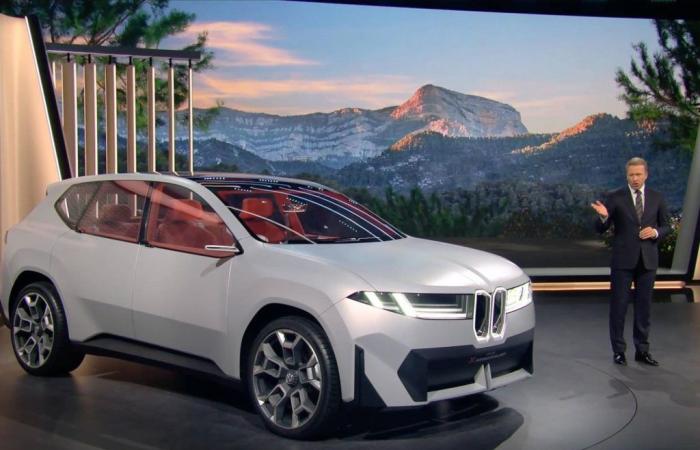Electric car news
Have you ever wondered why Germany seems reluctant to accept European Union tariffs on electric cars Chinese? This may seem counterintuitive, given the strong presence of the German automobile industry in the global market. Let’s look at the reasons for this position and the potential consequences of these tariffs for German manufacturers like BMW, Mercedes-Benz and Volkswagen, which have significant manufacturing plants in China.
The reasons for German opposition
The German government, under Chancellor Olaf Scholz, is showing a strong opposition to increasing customs tariffs that the European Union plans to impose from July 4 on electric vehicles from China. These tariffs could rise up to 38.1%, following allegations that the Chinese government has massively subsidized its electric vehicle manufacturers. This would allow them to sell their vehicles at much lower prices on the European market, thus penalizing European manufacturers.
Manufacturers such as BYD, Geely and SAIC Motor, could be severely affected by this EU measure. The situation has prompted China to threaten to impose tariffs on European automobiles with large engines, a prospect that could be disastrous for German auto giants like BMW, Mercedes-Benz and Porsche.
Impacts on the German automotive industry
A significant number of these German manufacturers have invested heavily in China, establishing large production plants there and benefiting from subsidies, cheap land, and relatively relaxed tax and other regulations. These advantages could be called into question in the event of a punitive customs tariffsthereby threatening profitability and market share in China, where These companies make a majority of their current sales.
Chancellor Scholz stressed that tariffs could have “far-reaching consequences”, particularly in job matters in Germanythus highlighting the indirect economic repercussions and direct impact of such tariffs on the German automobile industry and the overall European economy.
The real issue: the competitiveness of European electric cars
With the cost of living rising, European consumers are increasingly turning to Chinese electric vehicles, seduced by more affordable prices and incentives such as free recharge offers for two years, free on-board cameras and many other benefits. German manufacturers fear that without access to affordable Chinese electric vehicles, Europe will fail to meet its carbon neutrality targets.
Germany’s latest attempt to block or soften new tariffs on Chinese electric vehicles should be seen as a positive signal for consumersaccording to Thom Groot, CEO of The Electric Car Scheme. New data from the International Energy Agency reveals that without the support of Chinese manufacturers, meeting the European targets set for 2035 would be unrealistic.
Potential consequences of a trade war
Analysts fear that a escalation in the form of a trade war does not seriously damage economic relations between China and Europe. Tariffs, if not well-calibrated, could harm less affluent consumers, and thus hamper the acceptance and adoption of electric vehicles in the European market, at a time when the European Union is trying to promote the phase-out of internal combustion engines.
Russ Mould, investment director at AJ Bell, suggests that the EU could perhaps focus its efforts on stimulating demand for electric vehicles, including addressing consumer concerns about cost, battery range, charging infrastructure and end-of-life battery management. Rather than engaging in another trade war, a proactive approach could prove more beneficial to achieving the EU’s sustainable mobility goals.
Germany’s opposition to tariffs on Chinese electric vehicles is not just a question of commercial diplomacybut reflects broad issues of industrial competitiveness, economic stability and long-term environmental objectives. Will Europe be able to navigate these turbulent waters wisely? Only time will tell, but one thing is certain: the decisions made today shape the automotive landscape of tomorrow.
Written by Philippe Moureau
Forty-something electric car enthusiast. I am interested in the energy transition and the fight against greenhouse gas emissions. I am a true electric car enthusiast and environmental advocate.
React to the article






